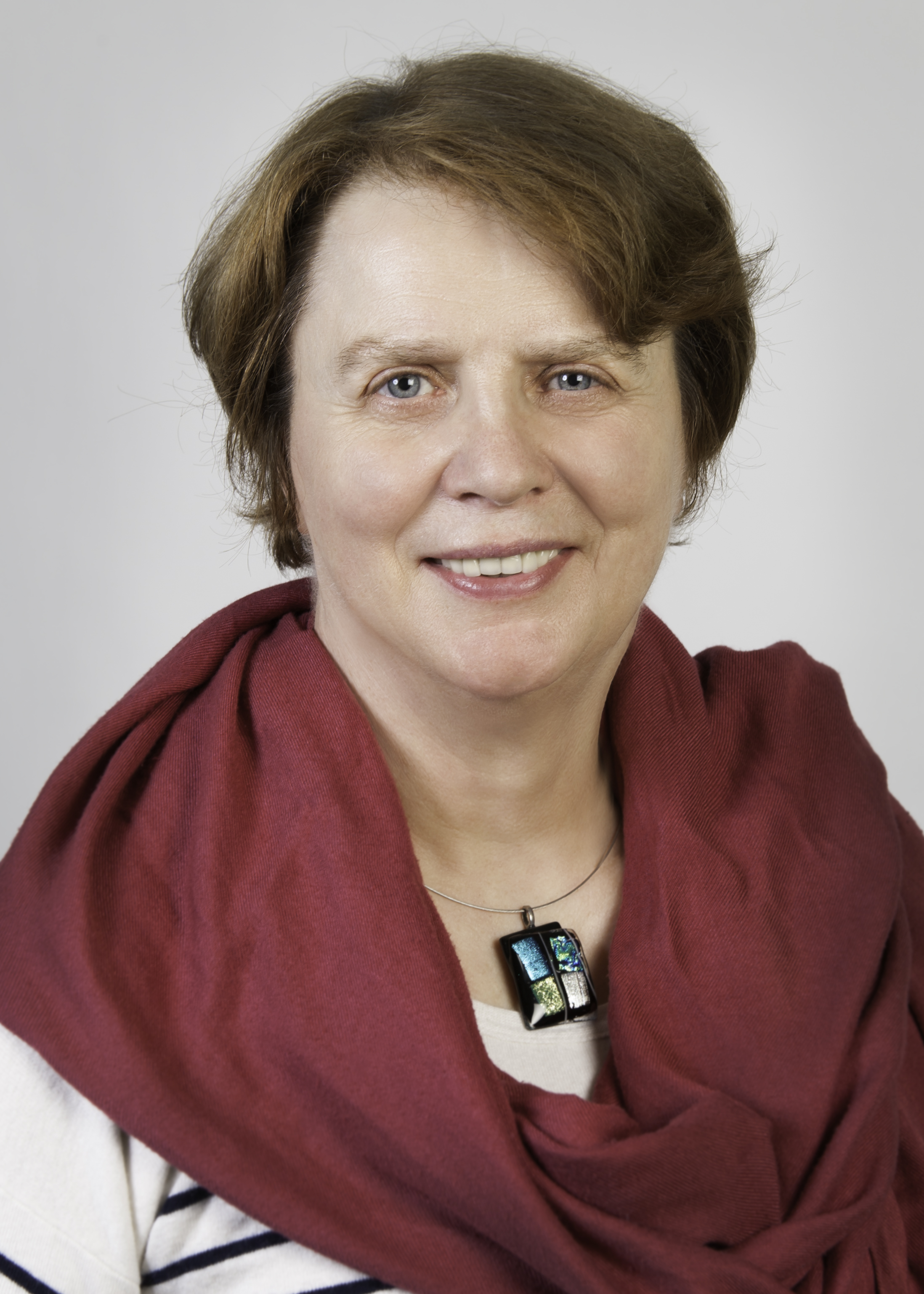Julia Lane, PhD
Julia Lane has published over 70 articles in leading economics journals, and authored or edited ten books. She has been the recipient of over $50 million in grants; from foundations such as the National Science Foundation, the Sloan Foundation, the MacArthur Foundation, the Russell Sage Foundation, the Spencer Foundation, the National Institutes of Health; from government agencies such as the Departments of Commerce, Labor, and Health and Human Services in the U.S., the ESRC in the U.K., and the Department of Labour and Statistics New Zealand in New Zealand, as well as from international organizations such as the World Bank.
She has organized over 40 national and international conferences, received several national awards, given keynote speeches all over the world, and serves on a number of national and international advisory boards. A native of England who grew up in New Zealand, Julia has worked in a variety of countries, including Australia, Germany, Malaysia, Madagascar, Mexico, Morocco, Namibia, Sweden, and Tunisia.
She has led numerous initiatives, including:
- Co-founder of the UMETRICS program, which has evolved into the Institute for Research on Innovation and Science (IRIS)
- Founder and developer of the STAR METRICS program, which has been highlighted nationally and internationally, including by Science and Nature.
- Developed and led NSF’s Science of Science & Innovation Policy program.
- Co-Chair NSTC’s Science of Science Policy interagency group.
- Initiated and founded the Longitudinal Employer-Household Dynamics Program at the U.S. Census Bureau. This program was the first large-scale linked employer-employee dataset in the United States, and has evolved into a permanent Census Bureau program.
- Created, developed and managed the NORC/University of Chicago data enclave. This provides a confidential, protected environment within which authorized researchers can access sensitive microdata remotely.
- Led the Economics Department at NORC at the University of Chicago; oversaw the implementation of some of the most visible social science surveys in the US.
